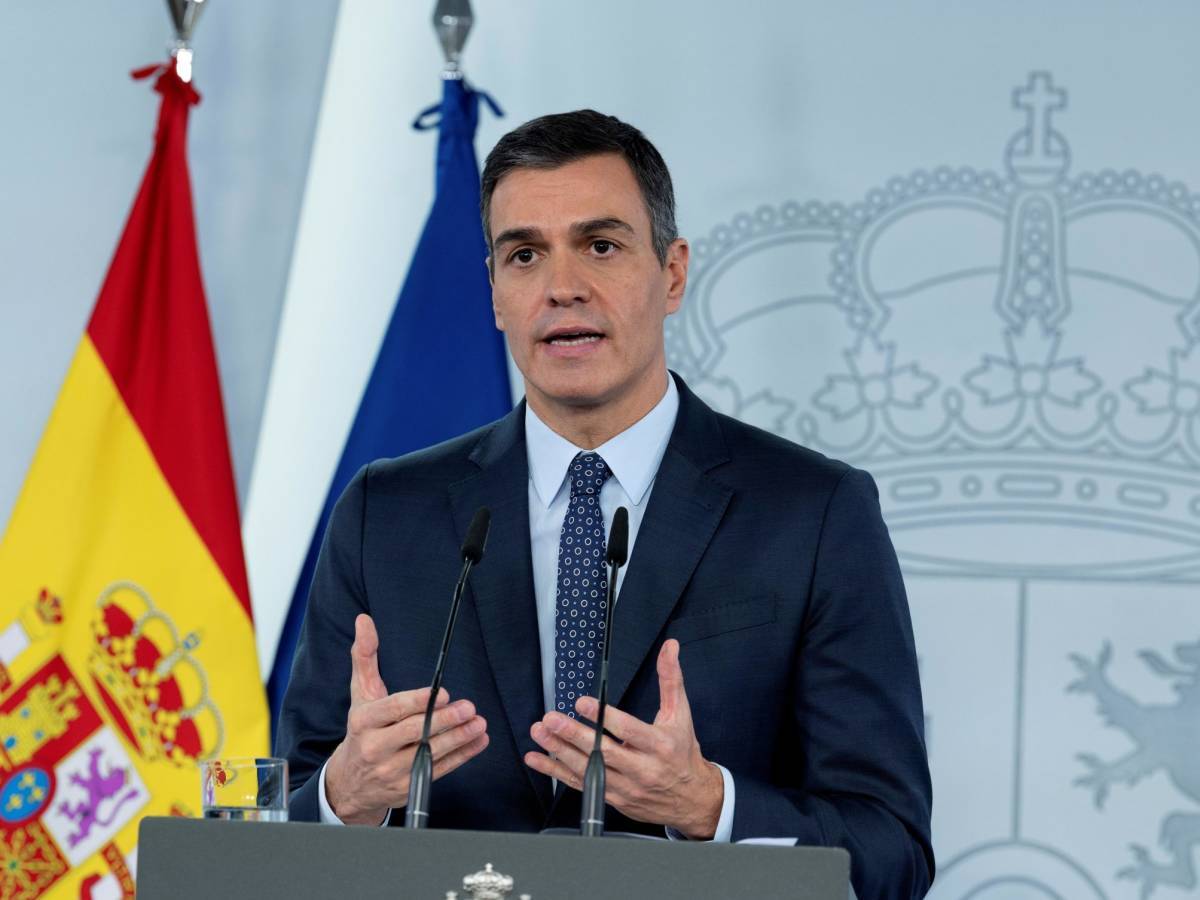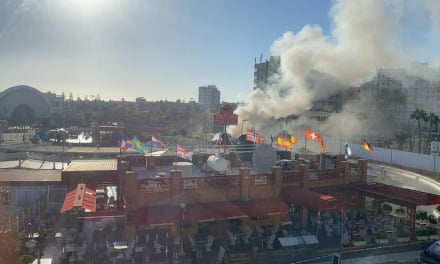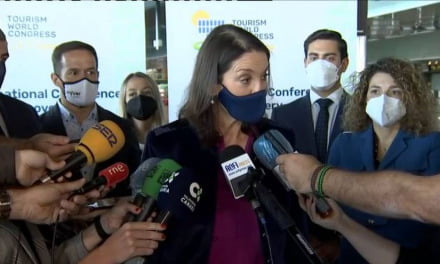People in Spain can still move between regions, however each regional government now has the right to restrict movement across its perimeters.
As part of the state of emergency throughout Spain members of the public are being asked to stay indoors after 11pm each night, until 6am the following morning, curfews except Canary Islands where later activities remain allowed, though clients must still avoid large groups and ensure scrupulous mask wearing when moving around. Each regional autonomous community will have the power to adjust the hours slightly.
The decree approved this Sunday recognises regional presidents as holding delegated authority within their communities, and also allows them to totally or partially confine their territories, should they deem it necessary. It establishes that co-governance between the different Autonomous Communities will be via the Interterritorial Council of the National Health System (CISNS), where new measures will be detailed or current ones will be modified.
The Prime Minister, Pedro Sánchez, of Spain’s socialist PSOE, has asked the conservative PP for support, as a show of unity in the face of a national struggle.
The decree establishes discretion to declare night-time rules of confinement -which the president has asked not be called a “curfew”, due to negative connotations that may imply-, mandatory throughout all of Spain, except in the Canary Islands.
The autonomous communities may lift the confinements no earlier than November 9, depending on how their regional epidemiological situation evolves.
The decree also grants regional communities the ability to limit entry and exit of their territory, allowing them the ability to close their regional borders for the entire community or a part of its territory, although there will also be exceptions such as requiring assistance at health centres, going to schools and educational centres or for work reasons, among others.
The new state of emergency prohibits groups of more than six people meeting together, many regions have already been warning and implementing this measure, saying it is essential to limit contact between people to reduce contagion.
And finally, the new law provides for the need to extend these measures for up to six months, to provide a stable and effective response in the fight against the virus. Sanchez explained that this is the period recommended as necessary by the experts he is listening to, to overcome not only this second wave, but what he called the “most harmful” stage of the Covid Pandemic.










